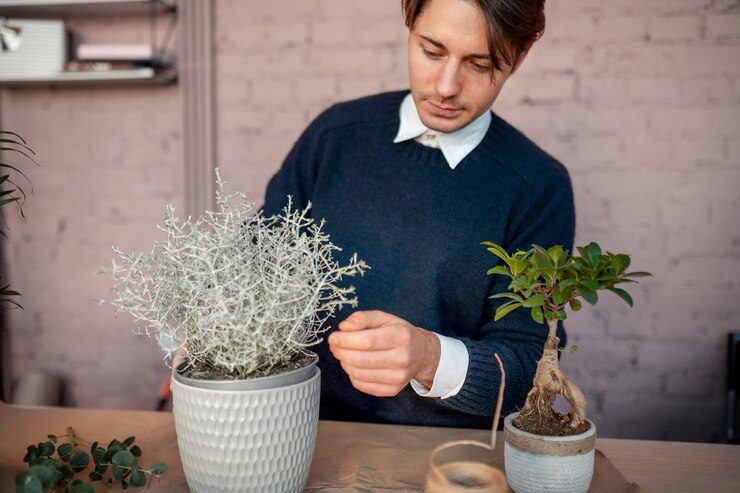The current fast-paced society makes patience a valuable yet hard-to-find ability because instant reactions are now the social standard. Patient behavior becomes scarce because people must follow demanding schedules and receive constant alerts with instant response requirements. Mental well-being alongside productivity and personal relationships experience strong enhancement through the capability to maintain composure. Speed has taken over our era and cultivating patience has become the essential virtue that we need today more than anything else.
Understanding the Need for Patience
Computers and the Internet technologies have speeded up procedures that directly affect lifestyle progression. A few touchscreen actions enable users to schedule meals, reserve transportation, and watch their preferred shows. The convenience factor which surpasses anything else has simultaneously reduced our threshold for patience. The lack of patience creates increased stress and frustrated emotions since people cannot achieve the expected immediate results.
Patience as a quality enables people to escape from their constant need for immediate gratification. Through patience one builds endurance which leads to wiser choices and superior social connection with others. Scientists from the University of California discovered that people who exhibit patience deal with fewer depressive symptoms alongside anxiety symptoms thus leading to improved emotional health. Developing selected techniques for cultivating patience enables you to secure control of both your mental responses and emotional behavior.
The Psychology Behind Patience
The fundamental essence of patience allows people to manage unpleasant situations without losing their composure. Psychologists recognize this ability as self-regulation while also recognizing that regular practice leads to its growth. The prefrontal cortex within your brain becomes active during encounters with delays or challenges. The region serves as a center that controls both internal impulses and rational mental processes. Developing mindfulness and intentional practice helps to reinforce this mental area which leads to the growth of patience.
Practical Strategies for Cultivating Patience
Our fast-paced world requires individuals to establish patient habits because slow movement rarely occurs. Mindfulness meditation represents an effective strategy for success. The mindfulness practices allow you to detect your thoughts while avoiding hasty emotional responses.
Using perspective reframing stands as another effective behavioral method. Take delay periods as chances to strengthen personal abilities instead of treating them as time-wasting impediments. The practice of mindfulness enables you to find contemplation in traffic congestion while queues present chances to master deep respiratory exercises. Your ability to suspend focus on the inconvenience allows you to be patient through mindfulness.
The practice of digital detoxing stands essential within this field. Rapid information delivery through modern technology systems triggers continuous impatience among people. Establishing limits for screen duration, particularly concerning social media helps restore the reward function of your brain.
The Long-Term Benefits of Patience
Your consistent work in cultivating patience will produce benefits that reach far beyond your mood improvements. Through patient behavior, people create better connections with others because it promotes both understanding and attentive communication. Professional persons maintain better mental resilience when encountering failures because they use solutions to handle tough situations in their work.
Achieving physical wellness becomes easier by demonstrating patience. Prolonged impatience causes cortisol hormone release which leads to heart disease and weakens immunity. The Mayo Clinic research shows patients people maintain lower blood pressure and improved cardiovascular function in their bodies.
Patient behavior enables individuals to accomplish their personal development targets and stress relief. The accomplishment of enduring goals requires maintaining determination after encountering difficulties during business growth, skill learning, or physical improvement initiatives. Those who choose patience, develop an approach that prefers the journey of steady development instead of rapid results.
Conclusion
In a society obsessed with speed, patience is a revolutionary act. It allows you to slow down, reflect, and respond thoughtfully rather than react impulsively. The journey to cultivating patience is not an overnight transformation but a continuous process. By incorporating mindfulness, adjusting your perspective, and embracing the present, you can navigate the demands of a fast-paced world with grace and composure.
Ultimately, patience is not just a virtue—it’s a life skill. In the words of Mahatma Gandhi, “To lose patience is to lose the battle.” By prioritizing patience, you empower yourself to face life’s challenges with calmness and resilience, ensuring a balanced and fulfilling existence.







